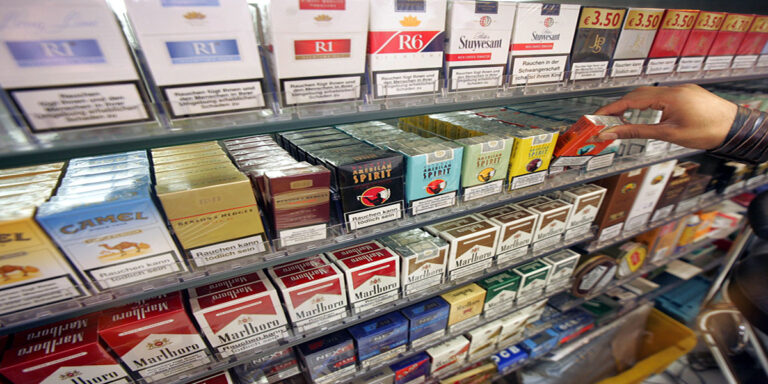The Russian government’s recent move to ban additives such as flavors in e-cigarettes has sparked controversy and debate.
Understanding the Proposed Ban
Background of the Ban:
The ban, reported by Коммерсантъ, targets substances aimed at increasing nicotine addiction in e-cigarettes and nicotine products.
Banned Substances:
The draft document outlines a comprehensive list of prohibited additives, including food additives, flavors, sugars, medicines, and nicotine derivatives.
Restricted Ingredients:
If passed, e-cigarettes would only be permitted to contain nicotine, distilled glycerin (>94% purity), and propylene glycol (>95% purity).
Implications of the Ban
Reducing Nicotine Consumption:
The primary objective of the ban is to curb nicotine consumption, particularly among young people, by limiting the appeal of e-cigarettes.
Government’s Measures:
This ban aligns with previous government initiatives to tighten control over nicotine products, including taxation, marking regulations, and liquid composition requirements.
Opposition and Controversy
Political Opposition:
In April, members of various political factions in the Russian State Duma proposed a bill to ban the retail sale of e-cigarettes entirely, drawing mixed reactions.
Industry Response:
The e-cigarette industry may face significant challenges if the ban is implemented, leading to concerns about economic impacts and consumer choice.
Public Health Perspective
Impact on Public Health:
Proponents argue that the ban could contribute to public health by reducing nicotine addiction and associated health risks.
Debate Over Effectiveness:
However, critics question the effectiveness of such measures and highlight potential unintended consequences, such as black market proliferation.
International Comparison
Global Trends:
Russia’s proposed ban reflects a broader global trend towards regulating e-cigarettes and addressing concerns about their impact on public health.
Diverse Regulatory Approaches:
Countries worldwide have adopted various regulatory approaches, ranging from stringent bans to more lenient regulations with age restrictions.
Conclusion
The Russian government’s plan to ban additives in e-cigarettes represents a significant step in addressing nicotine addiction. While proponents applaud the move for its potential public health benefits, opposition and concerns over economic implications underscore the complexity of regulating e-cigarettes.


















